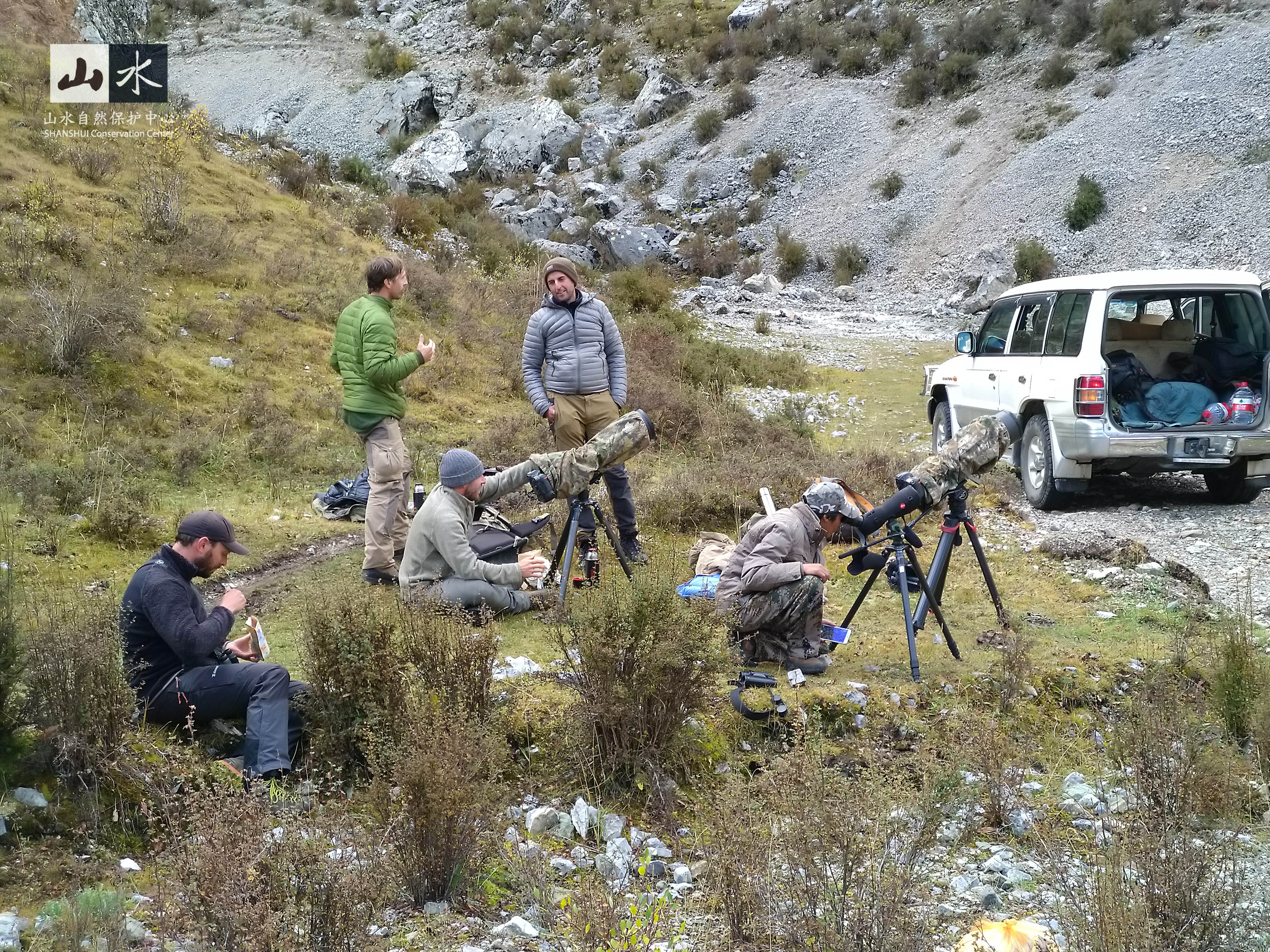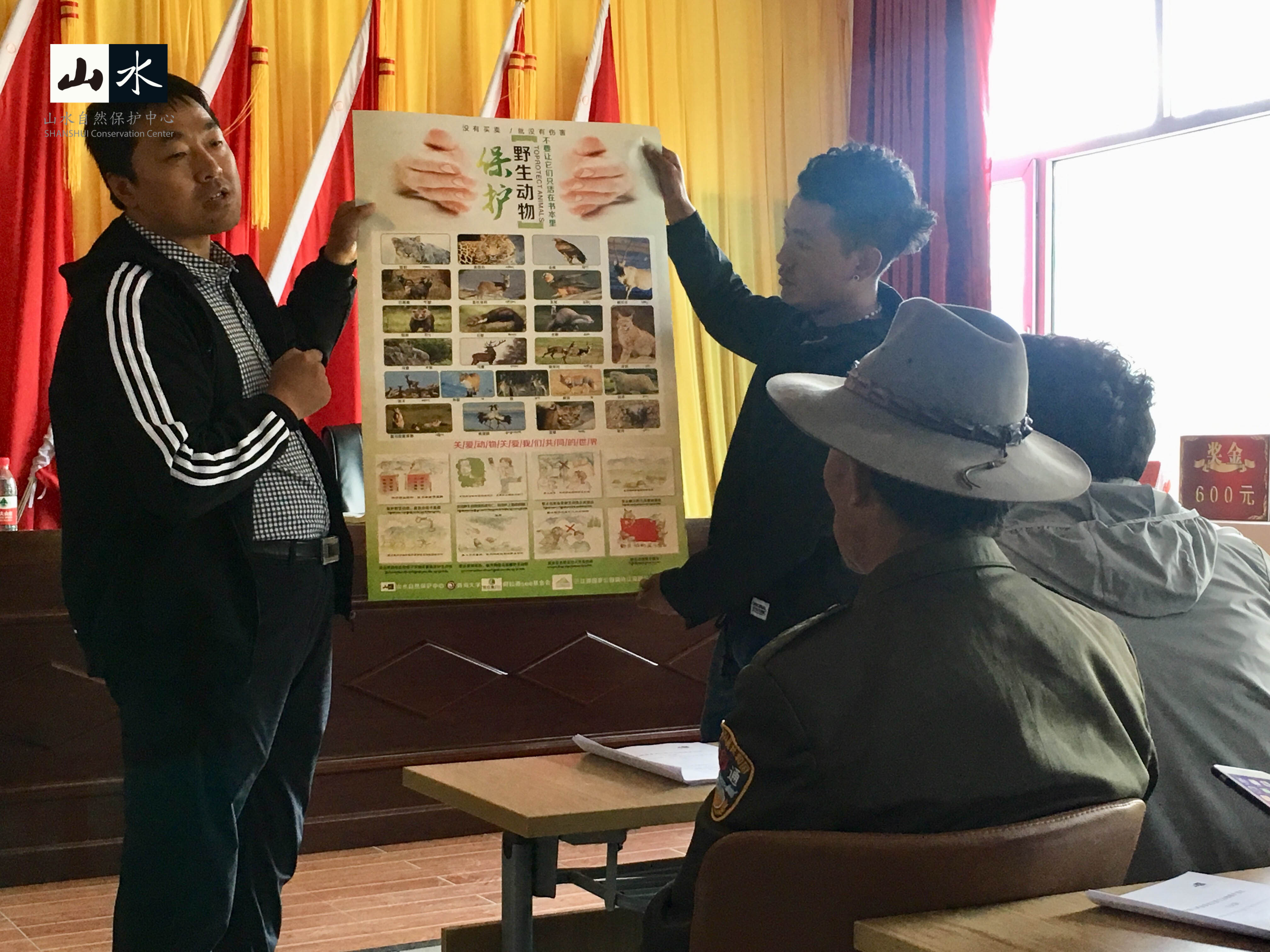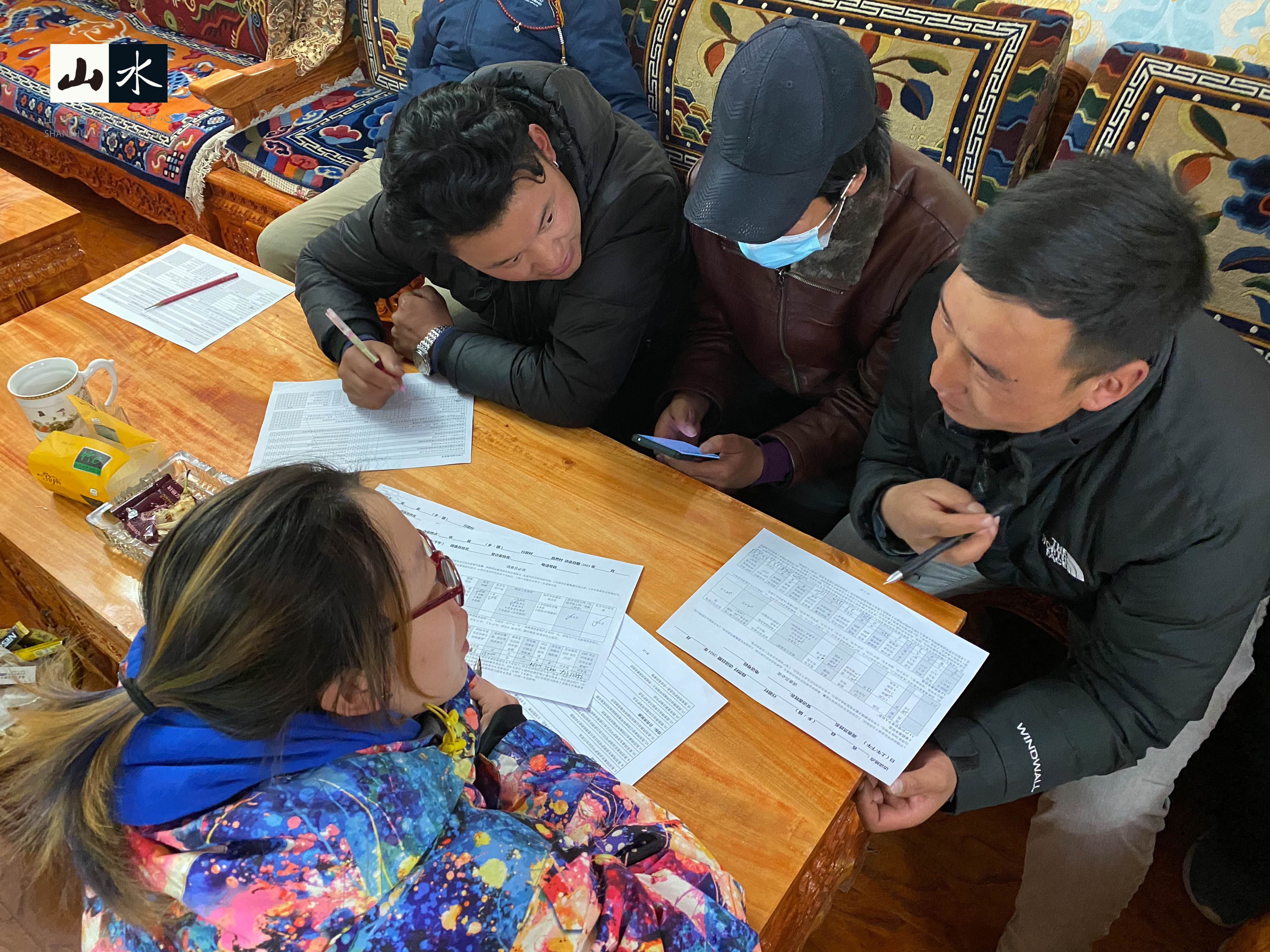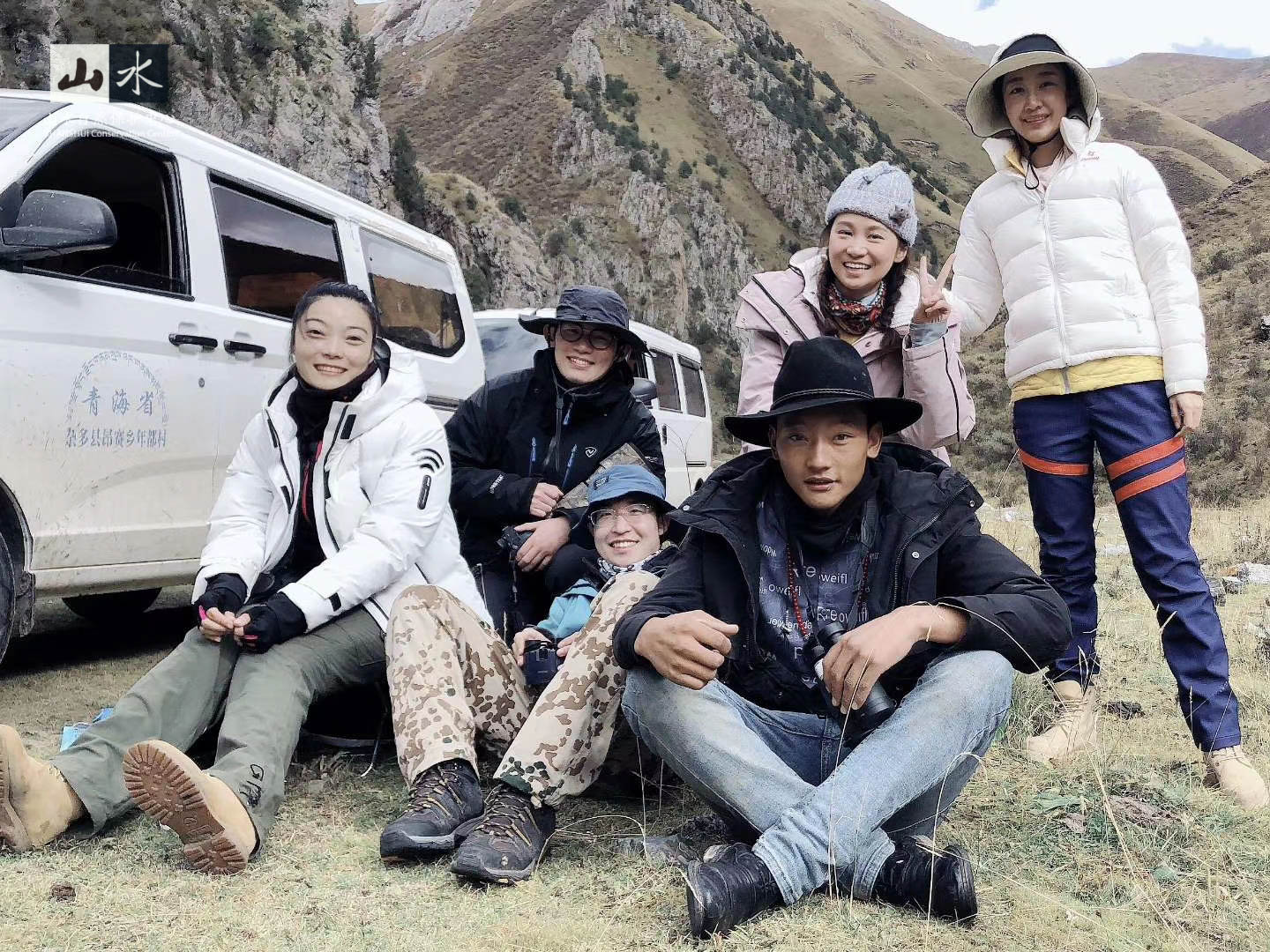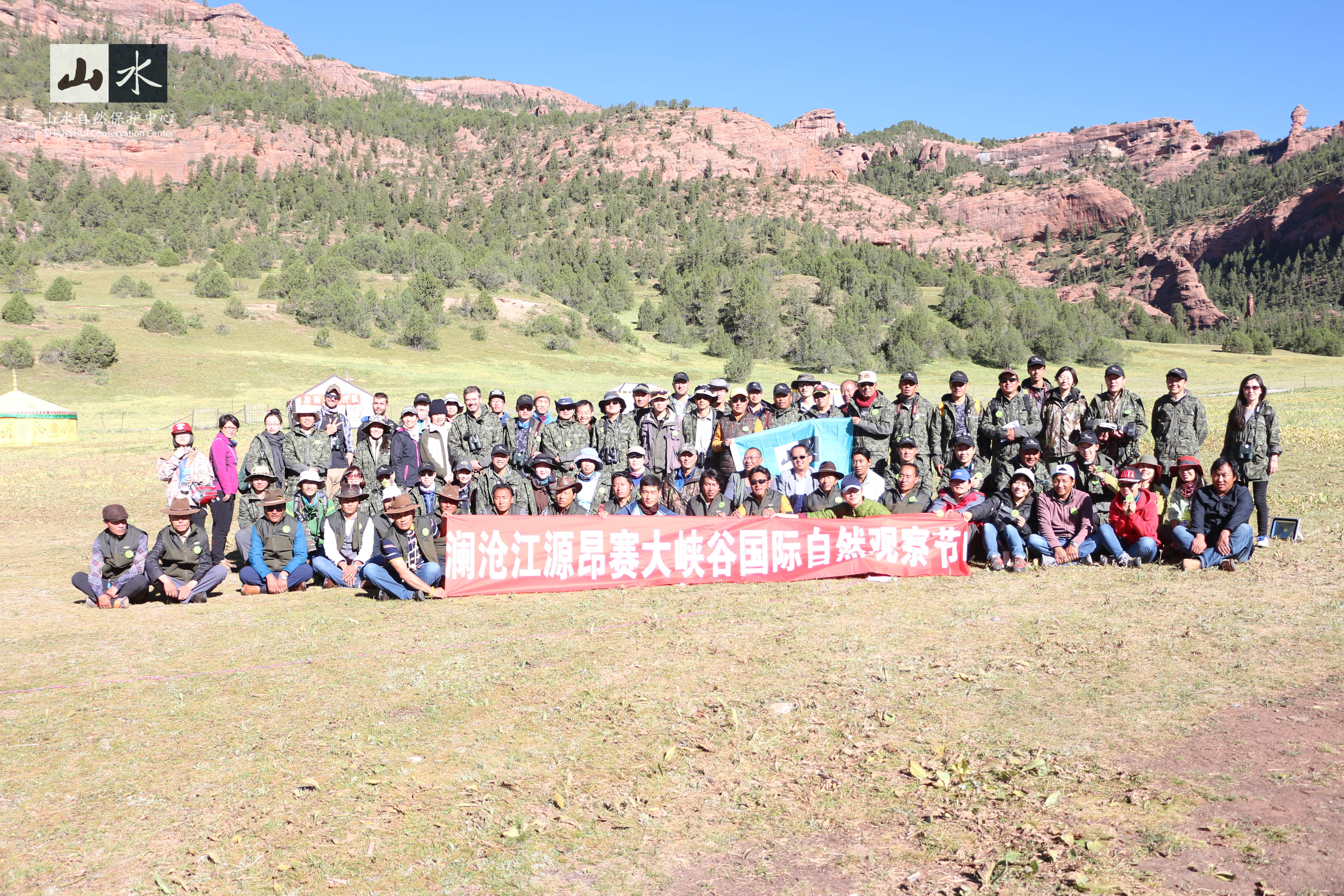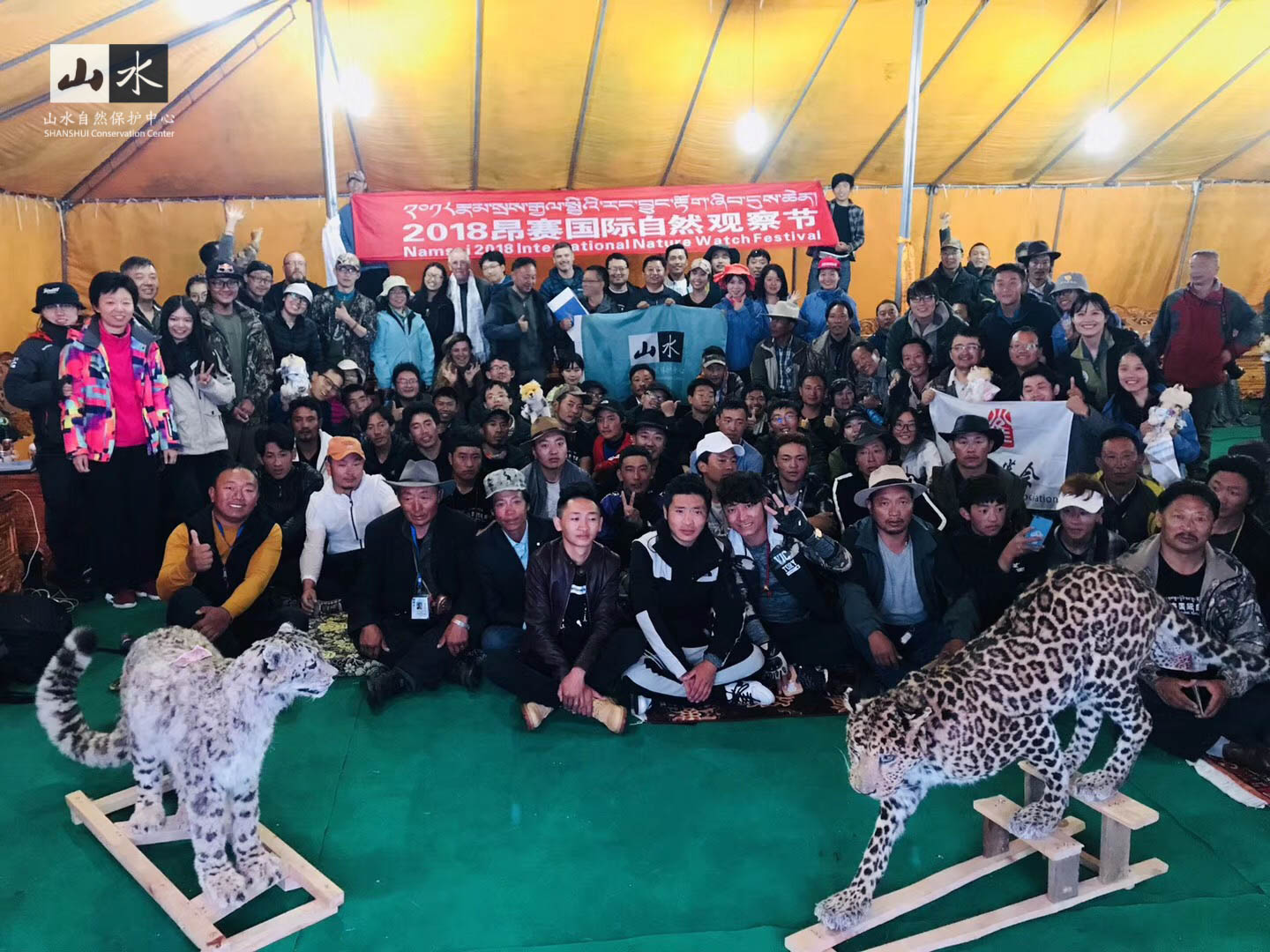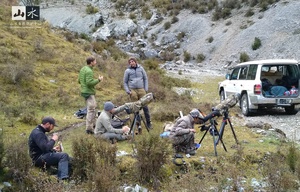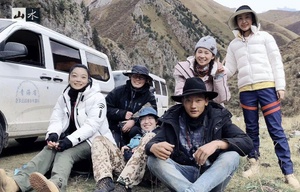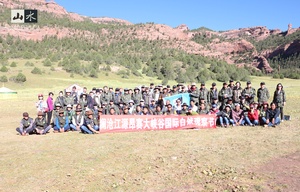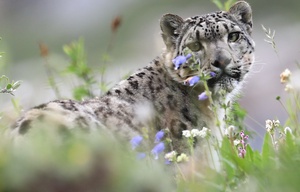大猫谷自然体验是一项基于社区的生态旅游活动(community-based ecotourism)。根据IUCN的定义,生态旅游(ecotourism)指“对相对未受干扰的自然地具有环境责任的旅行和探访,目的是享受和欣赏自然(以及任何连带的文化特征,包括过去的与现存的),这种旅游活动可促进保护,有较低的游客冲击度,并且为当地人提供了有利而活跃的社会经济参与机会”。1987年,联合国出版了报告《我们共同的未来》,确定了可持续发展和资源保护的必要性。此后,对社会经济和环境效益均有贡献的生态旅游,进入了学界和大众视野。除了最常见的“生态旅游”之外,以自然景观和生物多样性为基础的旅游项目也常被表述为“可持续旅游”、“自然体验”、“自然观察”、“保护旅游”、“绿色旅游”等。
随着自然保护区内居民的生存状况日益受到关注,基于社区的生态旅游开始被越来越多的人视为实现保护与发展的较理想方案,其重点在于当地社区直接参与项目管理和运作。自然体验项目将自然保护和社会发展融为一体。当地牧民通过担任自然体验的向导和接待家庭,可以获得切实的收入,直观地体会到保护好家乡的一方山水和动物,将有益自己的家庭和社区的发展。从而,也避免了人们消耗自然资源换取收入的可能。
Valley of the Cats Nature Watch is a community-based ecotourism project. According to the IUCN, ecotourism refers to "environmentally responsible travel and visitation to relatively undisturbed natural areas, in order to enjoy and appreciate nature (and any accompanying cultural features—both past and present) that promotes conservation, has low visitor impact, and provides for beneficially active socio-economic involvement of local populations". In 1987, the United Nations published the report "Our Common Future", which identified the need for sustainable development and resource conservation. Since then, ecotourism, which contributes to both socioeconomic and environmental benefits, has entered both the academic and public eye. In addition to the most commonly used term "ecotourism", tourism programs based on natural landscapes and biodiversity are also described as "sustainable tourism", "nature watch", "nature observation", "conservation tourism", "green tourism", etc.
With the growing concern for the lives of people living in nature reserves, community-based ecotourism is considered by more people as a much desirable solution for achieving conservation and development with the focus on the direct participation of local communities in project management and operation. Nature watch program integrates nature conservation and social development. By serving as guides and host families, local herders can earn an increased amount of income and realize that protecting their home landscape and wildlife will benefit their own families and communities, thus diminishing the possibility of consuming natural resources in exchange for money.
